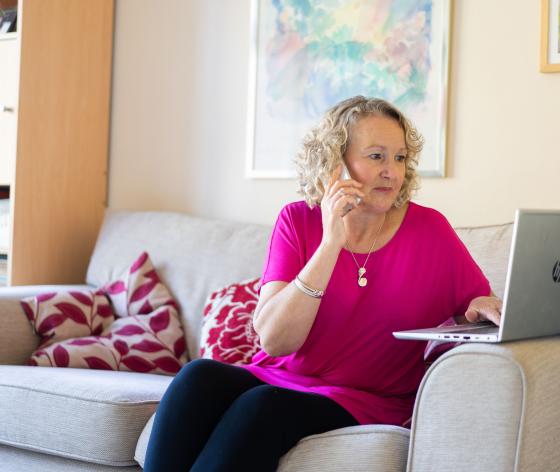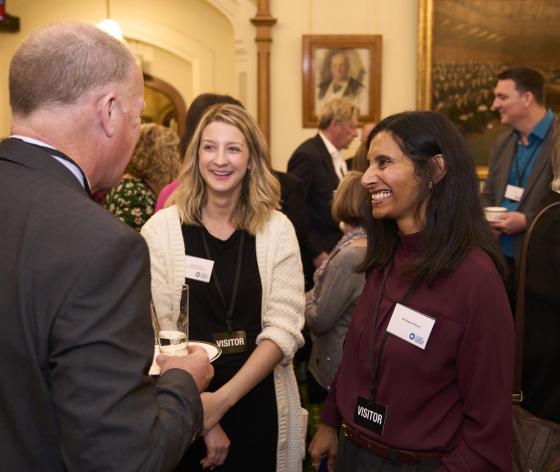Meeting with your elected representatives is an effective way to persuade and influence them to act. The more we speak to them about the issues facing those diagnosed with ovarian cancer and the need for action, the greater the chance of change.
Elected representatives can influence their party and governments, from asking your questions to speaking to ministers. We know that MPs, MSPs, MLAs and MSs find it helpful to speak to their constituents about their concerns and what matters to them.
1) Find your elected representative
You can find out who your elected representatives are and how to contact them online. This will change depending on what nation you live in.
For example, if you live in Scotland or Wales, your constituency MSP or MS may be the best way to approach unless you think one of your regional representatives will be more supportive. If you live in Northern Ireland, you may wish to approach all of your MLAs or only those who you think will be more influential or supportive.








